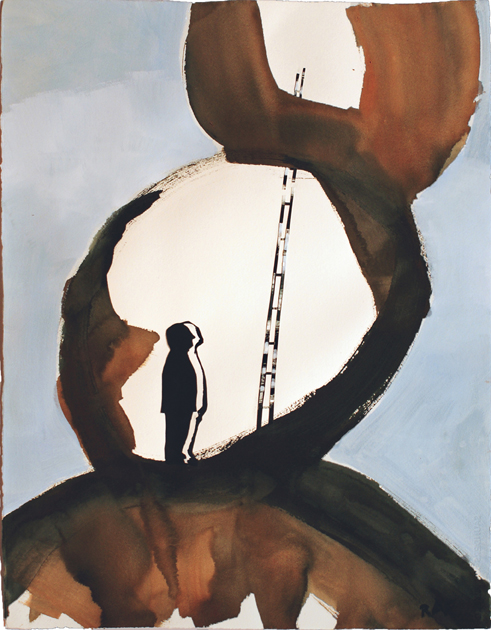A Review through Dialogue: Ruthann Knechel Johansen’s “Listening in the Silence, Seeing in the Dark: Reconstructing Life after Brain Injury”
DOI:
https://doi.org/10.18432/ari29371Keywords:
concussion, traumatic brain injury, poetic inquiry, life writing, arts-based researchAbstract
As educators, we never know what stories our students may be carrying with them. This book holds insights and treasures for anyone who has been witness to or experienced the hard fight back from a near fatal trauma and the resulting loss of identity. As educators, researchers, and parents it is important to understand the difficult struggle of returning to life after suffering from a traumatic brain injury. This book is a beautiful and heart-wrenching testament to that struggle, and the ripple-effect through family, friends, and community when circumstance changes an individual’s life in an instant. Ruthann Knechel Johansen has opened up many spaces which allow for contemplation, examination, and ultimately a dialogue in response to her son’s car accident and subsequent coma and traumatic brain injury.References
Dobson, M. (2012). Poetic Inquiry: A way of finding out by finding in. The International Journal of the Arts in Society, 6(5), 129-137. https://doi.org/10.18848/1833-1866/CGP/v06i05/36082
Johansen Knechel, R. (2002). Listening in the silence, seeing in the dark: Reconstructing life after brain injury. Oakland, CA: University of California Press.
Leggo, C. (2005). Autobiography and identity: Six speculations. Vitae Scholasticae: The Journal of Educational Biography, 22(1), 115-133.
Misak, C. (2004). The critical care experience: A patient’s view. American Journal of Respiratory and Critical Care Medicine, 170(4), 357–359. https://doi.org/10.1164/rccm.200403-309OE
Rocker, G. M., Cook D. J., & Shemie, S. D. (2006). Brief review: Practice variation in end of life care in the ICU: implications for patients with severe brain injury. Canadian Journal of Anesthesia, 53(8), 814-9. https://doi.org/10.1007/BF03022799
Thiele, B. & Weiss, G.D. (1967). What a wonderful world. [Recorded by Louis Armstrong]. On What a wonderful world. [Vinyl]. Camden, NJ: Bluebird. (1968).
Published
How to Cite
Issue
Section
License
Copyright (c) 2018 Art/Research International: A Transdisciplinary Journal

This work is licensed under a Creative Commons Attribution-NonCommercial-NoDerivatives 4.0 International License.
Authors who publish with Art/Research International agree to the following terms:
a. Authors retain copyright and grant the journal right of first publication and the right to sublicense the Contribution, in the form in which it is published by the journal, to others under the terms and conditions of the of the Creative Commons Attribution-NonCommercial-NoDerivs (CC BY-NC-ND) that allows others to download the work and share the work with others with an acknowledgement of the work's authorship and initial publication in this journal, but they cannot change the work in any way or use any part of the work commercially.
b. Authors are able to enter into separate, additional contractual arrangements for the non-exclusive public distribution and display of the journal's published version of the work (e.g., post it to an institutional repository or publish it in a book), with an acknowledgement of its initial publication in this journal.
c. Authors are permitted and encouraged to post their work online (e.g., in institutional repositories or on their website) prior to and during the submission process, as it can lead to productive exchanges, as well as earlier and greater citation of published work (See The Effect of Open Access).
d. Authors wishing to include items (such as images or other media, or any creative works of others whether previously published or not) must contact the original copyright holder to obtain explicit permission to publish these items in Art/Research International. Writing permission should include: the title(s) of any copyrighted work, original place of publication if applicable, and an acknowledgement of having read Art/Research International's copyright notice. Authors are responsible for obtaining this permission and keeping it in their own records for later verification.



